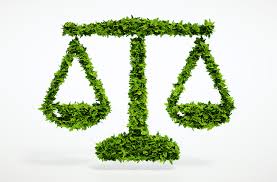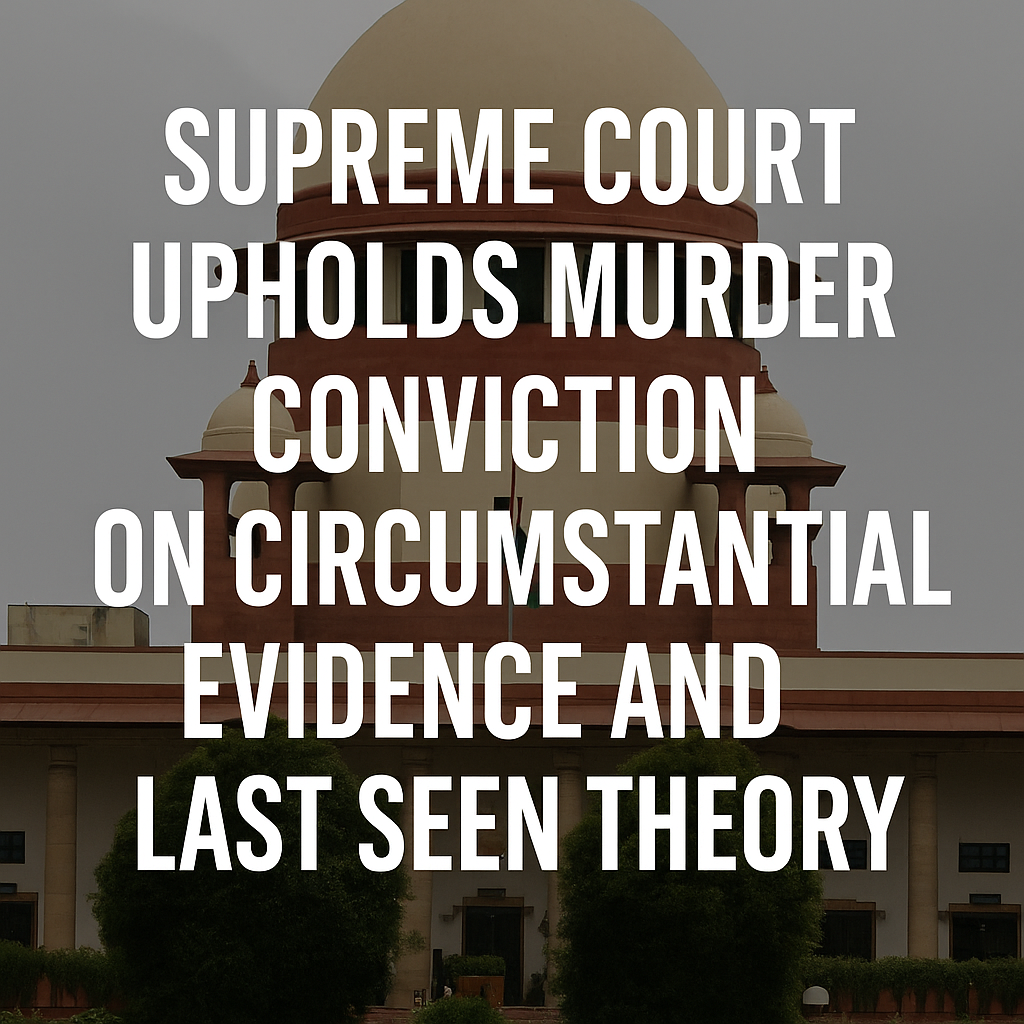
Environmental & Consumer Law
The core subject, which is very much alive is Environment. Not only some specific people, but also the Government concentrates upon the protection of Environment. The livelihood of human is very much depending upon the environment. There are so many environmental issues prevailing in India. For the purpose of protecting the Environment, the Government has enacted Protection of Environment Act, Air Act, Water Act, etc. National Green Tribunals have also been established throughout the country exclusively for dealing with the issues relating to environment. Most of the industries are required to obtain Environment Clearance Certificate for continuing their business. Like criminal law, in Environmental issues, any one can set the law in motion. Further, Environment is a global subject and India is also a party to so many treaties. Hence, it is liable to follow the covenants of such treaties in protecting the environment.
Parallelly, Consumerism is the main subject in the present world. So, the Government has encouraged the activities, which are relating to increase the awareness of consumers. Consumer is the ultimate person, who gives profit to the product and hence, his interest& satisfaction is very much necessary. With huge population, India is the main target for the entire manufacturing world. The Government has enacted Consumer Protection Act, 1986 for governing the issues with regard to consumers. Consumer Redressal Forums have been established in every District and State Forum in every State and National Forum at National Level have also been established. Now the Government is in the attempt of introducing new consumer Law so as to give much protection to the consumers.
Important Judgments on Environmental Law
Environmental Law
Environmental Law, World Wide Fund-India v. Union of India, (2013) 8 SCC 234
Article 21 of the Constitution of India protects not only the human rights but also casts an obligation on human beings to protect and preserve a species becoming extinct, conservation and protection of environment is an inseparable part of right to life.
The State, as a custodian of the natural resources, has a duty to maintain them not merely for the benefit of the public, but for the best interest of flora and fauna, wildlife and so on. The doctrine of “public trust” has to be addressed in that perspective
M.C. Mehta v. Kamal Nath, (1997) 1 SCC 388 at page 407
The ancient Roman Empire developed a legal theory known as the “Doctrine of the Public Trust”. It was founded on the ideas that certain common properties such as rivers, seashore, forests and the air were held by Government in trusteeship for the free and unimpeded use of the general public.
M.C. Mehta v. Union of India [(1987) 1 SCC 395 : 1987 SCC (L&S) 37]
The enterprise must be held to be under an obligation to provide that the hazardous or inherently dangerous activity in which it is engaged must be conducted with the highest standards of safety and if any harm results on account of such activity, the enterprise must be absolutely liable to compensate for such harm and it should be no answer to the enterprise to say that it had taken all reasonable care and that the harm occurred without any negligence on its part.
Vellore Citizens’ Welfare Forum v. Union of India, (1996) 5 SCC 647 at page 660
Precautionary Principle and the Polluter Pays Principle are part of the environmental law of the country. Even otherwise once these principles are accepted as part of the Customary International Law there would be no difficulty in accepting them as part of the domestic law. It is almost an accepted proposition of law that the rules of Customary International Law which are not contrary to the municipal law shall be deemed to have been incorporated in the domestic law and shall be followed by the courts of law.
Research Foundation for Science Technology National Resource Policy v. Union of India, (2005) 10 SCC 510 at page 518
The right to information and community participation for protection of environment and human health is also a right which flows from Article 21.
Subhash Kumar vs State Of Bihar And Ors – 1991 AIR SC 420
Right to life is a fundamental right under Article 21 of the Constitution and it includes the right of enjoyment of pollution free water and air for full enjoyment of life.
Animal Welfare Board of India vs. A. Nagaraj and Ors. (2014) 7 SCC 547
The Hon’ble Supreme Court prohibited Jallikattu and other animal races and fights. It was observed that the Bulls cannot be performing animals. (Note: Later on, Tamil Nadu Government has enacted Prevention of Cruelty to Animals Act (Tamil Nadu Amendment) Act, 2017, whereby amending the Central Act. So, this Judgment was nullified by the above said Act)
Indian Council for Enviro-Legal Action v. Union of India [(1996) 3 SCC 212]
Once the activity carried on in hazardous or inherently dangerous, the person carrying on such activity is liable to make good losses caused to any other person by his activity, irrespective of the fact that he took reasonable care while carrying on his activity.
Important Judgments on Consumer Law
Consumer
Pratibha Pratisthan & Ors. Versus Manager, Canara Bank & Ors.-2017-3-SCC-712
On a plain and simple reading of all the above provisions of the Consumer Protection Act it is clear that a Trust is not a person and therefore not a consumer. Consequently, it cannot be a complainant and cannot file a consumer dispute under the provisions of the Act.
BUNGA DANIEL BABU VERSUS M/S SRI VASUDEVA CONSTRUCTIONS & ORS – 2016-8-SCC-429
A person who buys goods and uses them himself, exclusively for the purpose of earning his livelihood, by means of self-employment is within the definition of the expression ‘consumer’ – Whether a person would fall within the definition of “consumer” or not would be a question of fact in every case
Charan Singh v. Healing Touch Hospital and Others – (2000) 7 SCC 668
Indeed, calculation of damages depends on the facts and circumstances of each case. No hard and fast rule can be laid down for universal application. While awarding compensation, a Consumer Forum has to take into account all relevant factors and assess compensation on the basis of accepted legal principles, on moderation. It is for the Consumer Forum to grant compensation to the extent it finds it reasonable, fair and proper in the facts and circumstances of a given case according to the established judicial standards where the claimant is able to establish his charge.
National Insurance Co. Ltd. Vs. Hindustan Safety Glass Works Ltd. – 2017-5- SCC 776
The provision of limitation in the Act cannot be strictly construed to disadvantage a consumer in a case where a supplier of goods or services itself is instrumental in causing a delay in the settlement of the consumer’s claim.
Hindustan Construction Co. Ltd. v. State of Bihar and Ors. – (1999) 8 SCC 436
The law has been laid down by the Hon’ble Supreme Court, it is clear that if the bank guarantee is conditional, the beneficiary cannot have unfettered right to invoke the guarantee.
M/s. House of Dubary Vs. New Bank of India and others 1991(1) CPR 216 (NC).
Honble National Commission laid down that the rendition of accounts by the Bank and recovery of amount, as result of settlement of accounts are reliefs that can be obtained in a Civil Court and not in Consumer Forum.
M/s.Anand Lubricating & Pneumatic Systems Ltd. Vs. State Bank of India – 2003 (2) CPR 53
The bank was alleged to have failed to issue bank guarantee despite sufficient security and the complainant suffered financial loss. It was held that the non-issuance of bank guarantee despite security deposit with the bank would amount to deficiency in service and the complainant would be entitled to interest on that security amount.
Dilip Madhukar Kambli Vs. Nilesh Vasant Borkar and Ors 1991(1) CPR 571(SCDRC- New Bombay, Maharashtra).
The banker is supposed to safeguard the interest of the depositors when his amount is entrusted to the custody of the Bank and the Bank is liable to return the amount with interest. In the absence of any directions from the customer, no banker can unilaterally and arbitrarily transfer the money of a depositor from his account and deposit in the account of another customer. This amounts to deficiency in service by the bank.
A.R.Narayan Vs. State Bank of Hyderabad – 1992(1) CPR 534 (NC).
The refusal by the Bank to permit the complainant to further draw in his account under the cash credit facility does not amount to deficiency in rendering service when there are facts revealing that the complainant was in default in the repayment of his dues and he was having outstanding liabilities with some other Bank.



